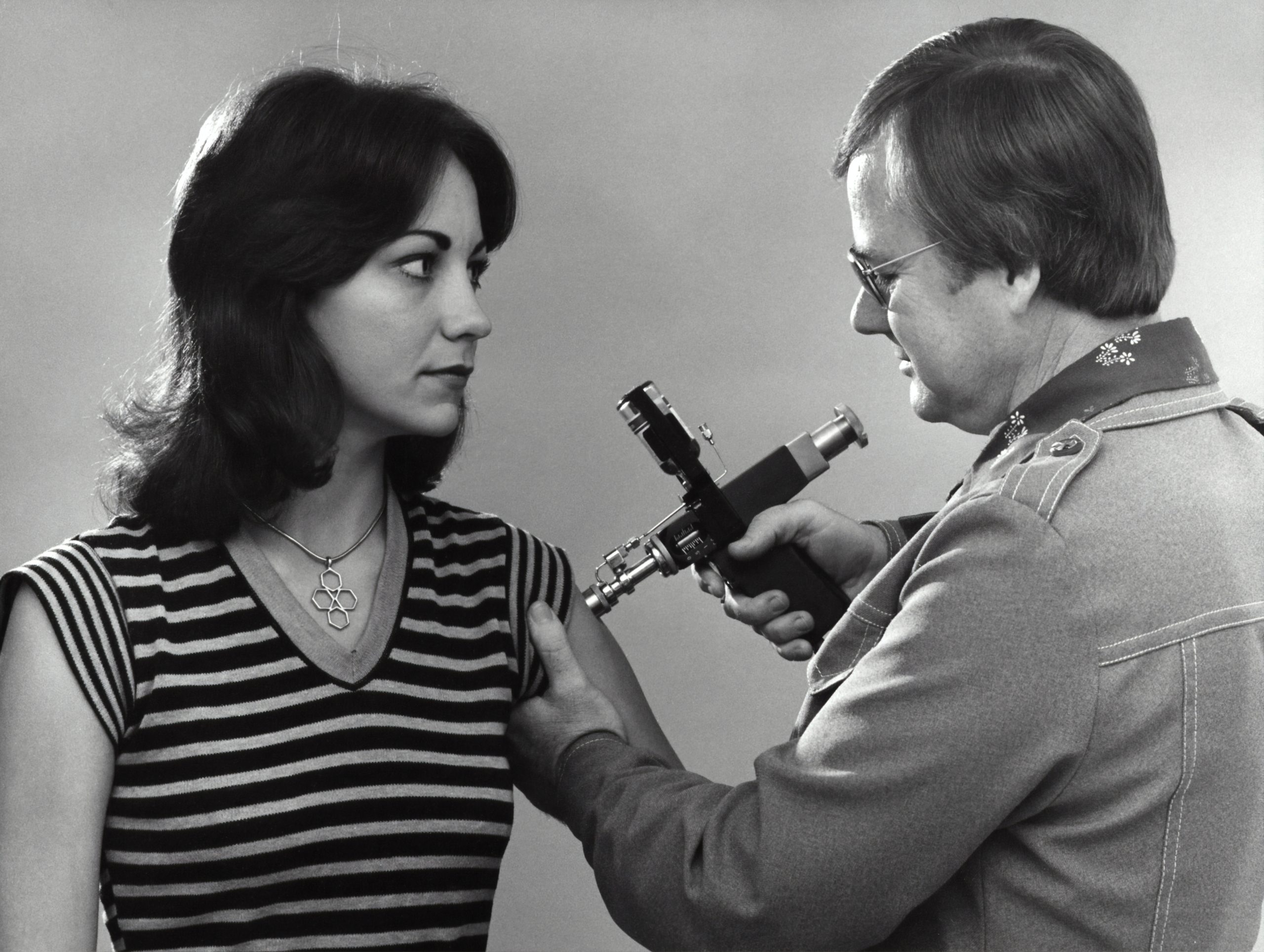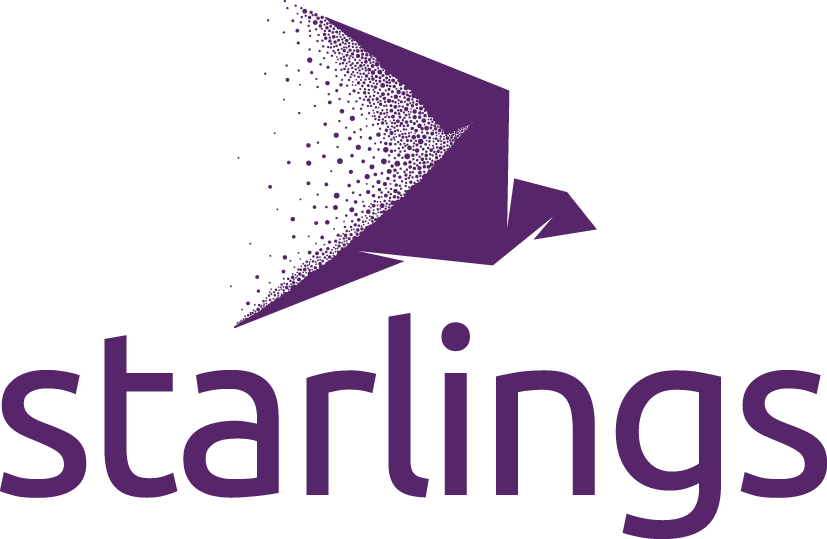
14 Jan Amazon’s Healthcare Play is a Shot in the Arm for Health Tech Startups
Amazon is poised to own healthcare. I’m not the first person to realize this, but as healthcare execs wring their hands and investors speculate about the digital behemoth’s strategy for overhauling a $3.5 trillion mess of an industry, certain startups would be wise to consider what a tech-enabled healthcare takeover could mean to them.
Put simply, startups innovating in diagnostics, AI and healthcare delivery could find prime opportunities in Amazon’s healthcare play. (No pun intended.)
Amazon has deep pockets. It has enough of the nation’s trust that we continuously let it eavesdrop on our homes. It has detailed information on about 86% of the people in this country. And it has a lock on nearly every aspect of commerce. Its HIPAA-compliant Amazon Alexa device is so ubiquitous and elegant that health industry giants — from Boston Children’s Hospital to Cigna — have launched tools to embedAlexa into the delivery of care.
The pandemic seems to have sped up Amazon’s march. In September, the company announced it was expanding employee telehealth service Amazon Care. Then in November, the company quietly partnered with two companies in Ohio to offer subscription-based telehealth and free prescription services through Amazon—with no co-pays or deductibles.
The pandemic also revealed Amazon’s stunning long game. In May, Amazon announced it would invest $4 billion back into the company for PPE, COVID testing and more. The move appeared charitable, but it was,in fact, a killer business move: it set the company up to create the world’s only virus-free supply chain.
At this point, it is a foregone conclusion that Amazon will eventually become American’s primary care provider, as well as lab, pharmacy, insurance company and medical device distributor.
What the company needs to complete its coup is the right tech. Amazon will need a robust infrastructure of AI and diagnostic technology to power its healthcare domination. Like ancillary services, but for Alexa.
Any startup addressing what the company will need — diagnostics, triage or, more critically, care itself — is an acquisition target.
Amazon is famously toiling away on the tech it needs. While early reviews of the Amazon Halo are less than stellar, the company’s foray into wearable tech will allow it to mine the heart rates, activity, sleep and emotions of its users and get smarter and smarter about diagnosing whatever ails the human body.
But why invent something new if Amazon can just gobble up someone else’s great service? Some questioned why Amazon bought PillPack in 2018, charging headlong into the $500 billion prescription drug industry. What has become evident, with November’s rollout of Amazon Pharmacy, is that the purchase of PillPack, coupled with its acquisition of Whole Foods, gave Amazon the regulatory expertise and infrastructure it needed to control pharmaceuticals end-to-end. (In addition to delivery services, it’s not hard to imagine getting a checkup at the Whole Foods Clinic and filling a prescription at the Whole Foods Pharmacy.)
Of course, healthcare is much more complex than just annual physicals and medication fulfillment, and some of the tech that Amazon will need to effectively diagnose, triage and treat patients will require advanced AI and sensitive diagnostic technology.
Researchers out of the University of Washington created a tool that uses Alexa and other smart devices, such as Google Home, to detect agonal breathing, a telltale sign of cardiac arrest. The tool identified cardiac arrest with 97% accuracy and could be used in the future to contact 911 on a patient’s behalf.
These are the kinds of innovations that Amazon will need, and it’s not difficult to envision a world where tech startups vie for a chance to become lucrative cogs in this new healthcare machine – particularly because Amazon is so brilliant at what Scott Galloway’s calls the rundle, a recurring revenue subscription model coupled with the bundling of multiple services.
Triage, telehealth, pharmacy, free home delivery, medical supplies and at-home diagnostic testing. Amazon appears to be creating the world’s first healthcare rundle, all for a low, low annual fee. Kind of like a nationwide Kaiser Permanente, if Kaiser also delivered toilet paper and cat food.
Whether the Amazonification of healthcare will be good for the flailing industry is a topic for another time. In the long term, it could be a boon for patients, who stand to gain from quality customer service, convenience and price transparency – traits that have remained elusive in healthcare since the time of leeches and humors.
More immediately, tech startups focused on AI, diagnostics and healthcare delivery stand to gain enormously from Amazon’s healthcare play. It could be good for patients’ health – and great for business.
The above article is featured on the substack Grossly Normal — subscribe here.
